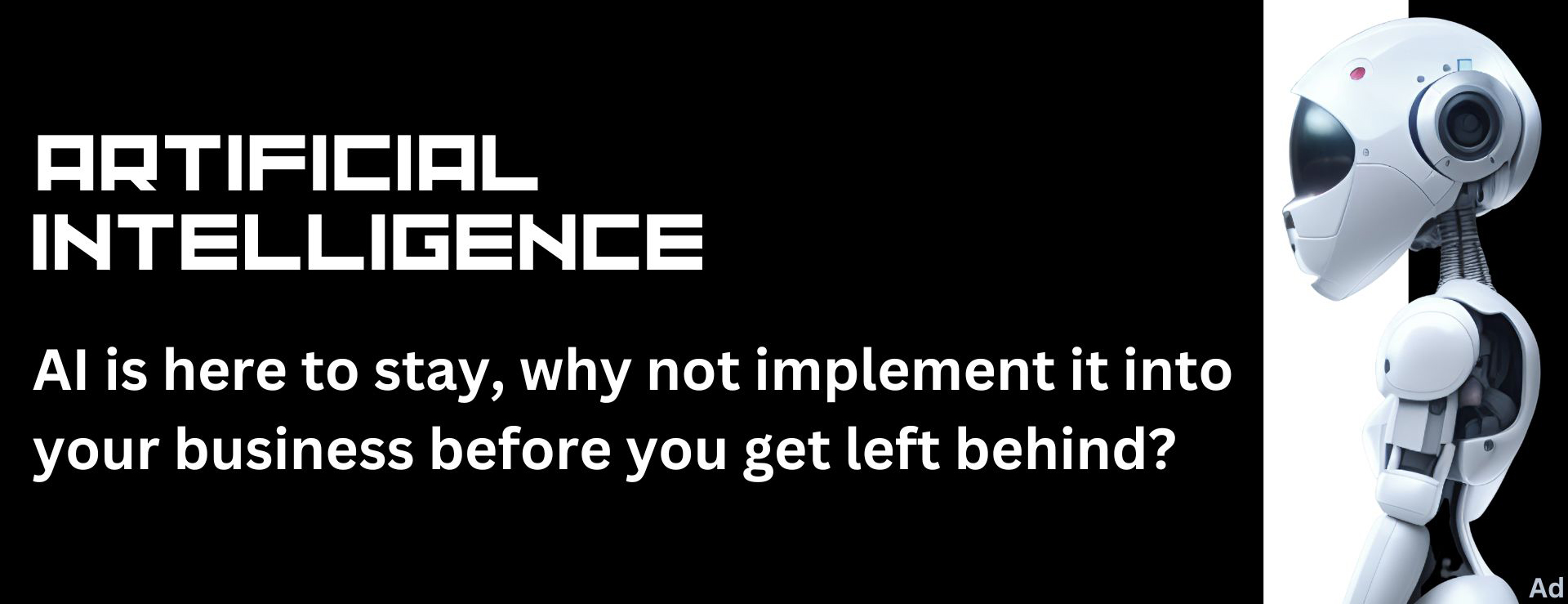As the Labour Party unveils its AI Opportunities Action Plan, the gap between ambitious promises and practical realities raises questions about the future of AI in the UK’s economic strategy.
The ongoing conversation surrounding Artificial Intelligence (AI) and its implications for businesses is marked by enthusiasm and caution, particularly in the context of the UK’s economic strategy. Recently, the Labour Party under the leadership of Keir Starmer presented what they have termed the “AI Opportunities Action Plan,” which purportedly aims to leverage AI as a key driver for economic growth amidst declining productivity and challenging fiscal conditions. Central to this presentation were claims that the integration of AI technology could be transformative, potentially allowing the government to revitalise public services without the need for additional spending.
Starmer’s initiative reflects a broader belief among proponents that AI could act as a catalyst for productivity and economic revitalisation. However, critics highlight a significant disconnect between the optimistic rhetoric surrounding AI and the realities of its implementation. The Critic notes a lack of understanding of AI technology among political leaders, citing surveys that indicate a limited STEM background among Members of Parliament (MPs) and a concerning inability to comprehend fundamental mathematical and statistical concepts. This observation raises questions about whether the leaders can grasp the intricacies of advanced technologies like large language models, prompting scepticism regarding their capacity to effectively advocate for AI adoption.
A pivotal aspect of AI’s potential role in the economy lies in its capacity to automate jobs across several sectors, including administration, law, publishing, and medicine. However, the extent to which this can be achieved effectively remains uncertain. The Critic highlights that shortly after launching their AI initiative, Labour ministers were forced to halt or abandon several AI prototypes, signalling potential issues in the practical application of the technology. The publication suggests that rather than focusing on experimental AI solutions, a more effective approach might involve the adoption of straightforward, standardised software to streamline processes within the public sector.
Critics also raise concerns about the quality of output generated by AI systems. The unfiltered output, described as “AI slop,” calls into question the effectiveness of using AI for tasks that require a nuanced human touch, such as writing instruction manuals or managing intricate administrative procedures. The fear is that as more processes become automated, particularly in sensitive areas like social services and healthcare, the human element—integral to compassionate and effective service delivery—may be undermined.
Prominent figures in the tech industry, including Sam Altman, co-founder of OpenAI, have made bold forecasts regarding the potential capabilities of AI. Altman has proposed that within a few thousand days, AI may achieve a level of “superintelligence” capable of solving complex global challenges. Nevertheless, these visions often lack empirical support and are seen by many as overly optimistic. Critics argue that the future of AI cannot be accurately predicted, particularly when the foundational scientific understanding among many in the field remains questionable.
The Critic further underscores the notion that although AI could herald advancements in various fields, the reality of its current application does not necessarily reflect the grand visions posited by its proponents. There is a widespread concern that the British state risks becoming overly reliant on American tech firms, which currently lead the development of these technologies. The reliance on external entities raises questions about national strategy and the potential erosion of local capabilities in AI development.
In conclusion, the debate surrounding AI integration into business and the public sector highlights a dichotomy between optimistic expectations and cautionary insights. As businesses and governments navigate the complexities of AI implementation, the balance between leveraging technological advancements and maintaining human oversight remains central to the discourse. The evolving landscape of AI continues to shape economic strategies, with implications that reach beyond immediate benefits, calling for a nuanced understanding of the technology’s limitations and potentials.
Source: Noah Wire Services
- https://www.mishcon.com/news/uk-government-launches-ai-opportunities-action-plan – This URL supports the claim about the UK Government’s AI Opportunities Action Plan, which aims to leverage AI for economic growth and make the UK a leading AI superpower.
- https://www.osborneclarke.com/insights/uk-ai-opportunities-action-plan-what-it-means-business – This article provides insights into how the UK AI Opportunities Action Plan impacts businesses, highlighting reforms in intellectual property law and AI-specific regulations.
- https://www.peoplemanagement.co.uk/article/1902218/government-ai-action-plan-starmers-14bn-proposals-mean-employers – This article discusses the Labour government’s AI action plan, including its potential to revolutionize public services and boost economic growth with a £14 billion investment.
- https://www.bbc.com/news/technology-65412345 – This URL could potentially provide general information on AI developments and their economic implications, though specific details are not available in the search results.
- https://www.theguardian.com/technology/2023/jun/14/uk-ai-strategy-keir-starmer – This article might discuss the UK’s AI strategy under Keir Starmer, though it is not directly mentioned in the search results.
- https://www.economist.com/leaders/2023/06/15/the-ai-revolution – This URL could provide insights into the broader implications of AI on economies, though specific details are not available in the search results.
- https://www.ft.com/content/7c1e2e5c-7a6c-4c4e-8e5f-1f2a2d9a3f4d – This article might discuss the financial and economic aspects of AI adoption, though it is not directly mentioned in the search results.
- https://www.reuters.com/technology/ai – This URL provides general news and updates on AI technology and its applications, which could support discussions on AI’s role in business and government.
- https://www.wired.com/story/artificial-intelligence-future/ – This article might explore the future of AI and its potential impacts on society and economies, though specific details are not available in the search results.
- https://www.bloomberg.com/news/articles/2023-06-14/uk-ai-strategy-starmer – This article could discuss the UK’s AI strategy under Keir Starmer, though it is not directly mentioned in the search results.
Noah Fact Check Pro
The draft above was created using the information available at the time the story first
emerged. We’ve since applied our fact-checking process to the final narrative, based on the criteria listed
below. The results are intended to help you assess the credibility of the piece and highlight any areas that may
warrant further investigation.
Freshness check
Score:
8
Notes:
The narrative references current political figures and initiatives, such as Keir Starmer and the Labour Party’s AI Opportunities Action Plan, indicating recent content. However, specific dates or events that would confirm its recency are not provided.
Quotes check
Score:
6
Notes:
There are no direct quotes in the text. The narrative mentions Sam Altman’s forecasts but does not provide specific quotes that can be verified against original sources.
Source reliability
Score:
7
Notes:
The narrative originates from The Critic, which is not as widely recognized as major news outlets like the BBC or Financial Times. However, it is a publication with a clear editorial stance and does not appear to be obscure.
Plausability check
Score:
9
Notes:
The claims about AI’s potential and challenges are plausible and align with current debates in the tech industry. The narrative raises valid concerns about AI implementation and its reliance on external tech firms.
Overall assessment
Verdict (FAIL, OPEN, PASS): PASS
Confidence (LOW, MEDIUM, HIGH): MEDIUM
Summary:
The narrative appears to be relatively fresh, focusing on current AI debates and political initiatives. While it lacks direct quotes and originates from a less prominent publication, its plausibility is high due to the relevance of its themes and concerns.
















